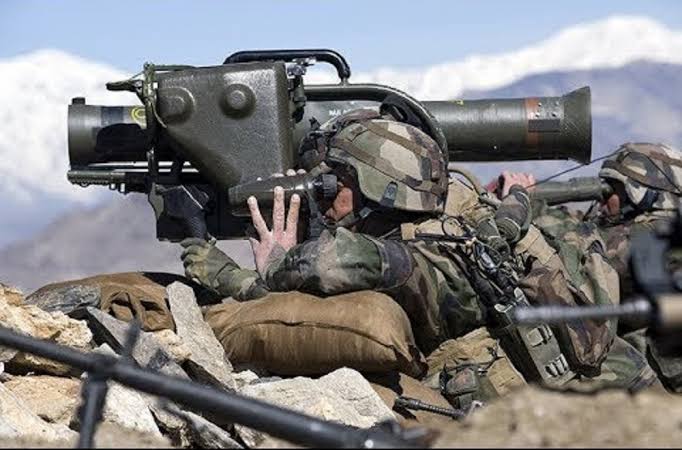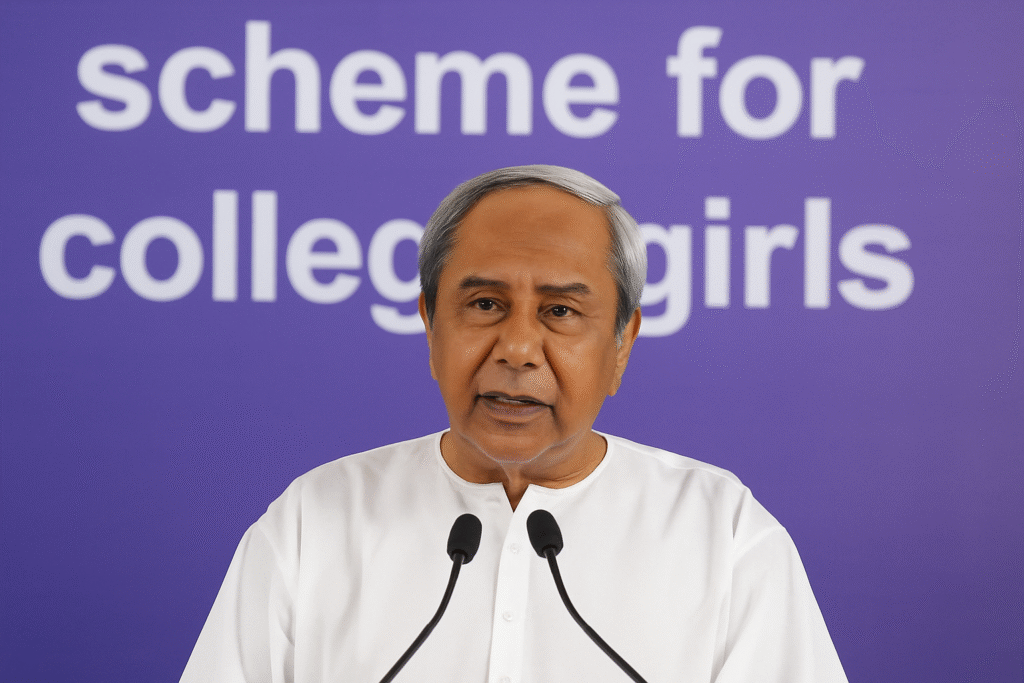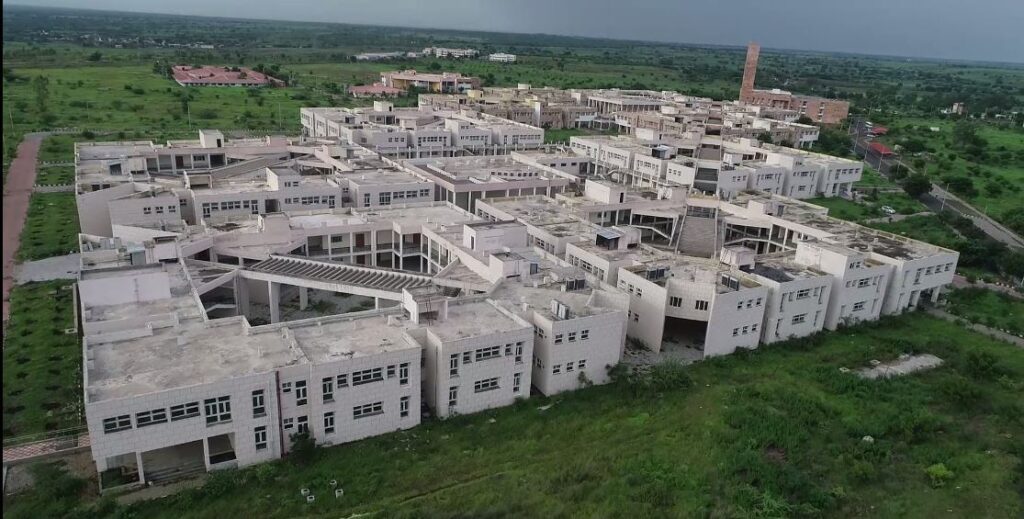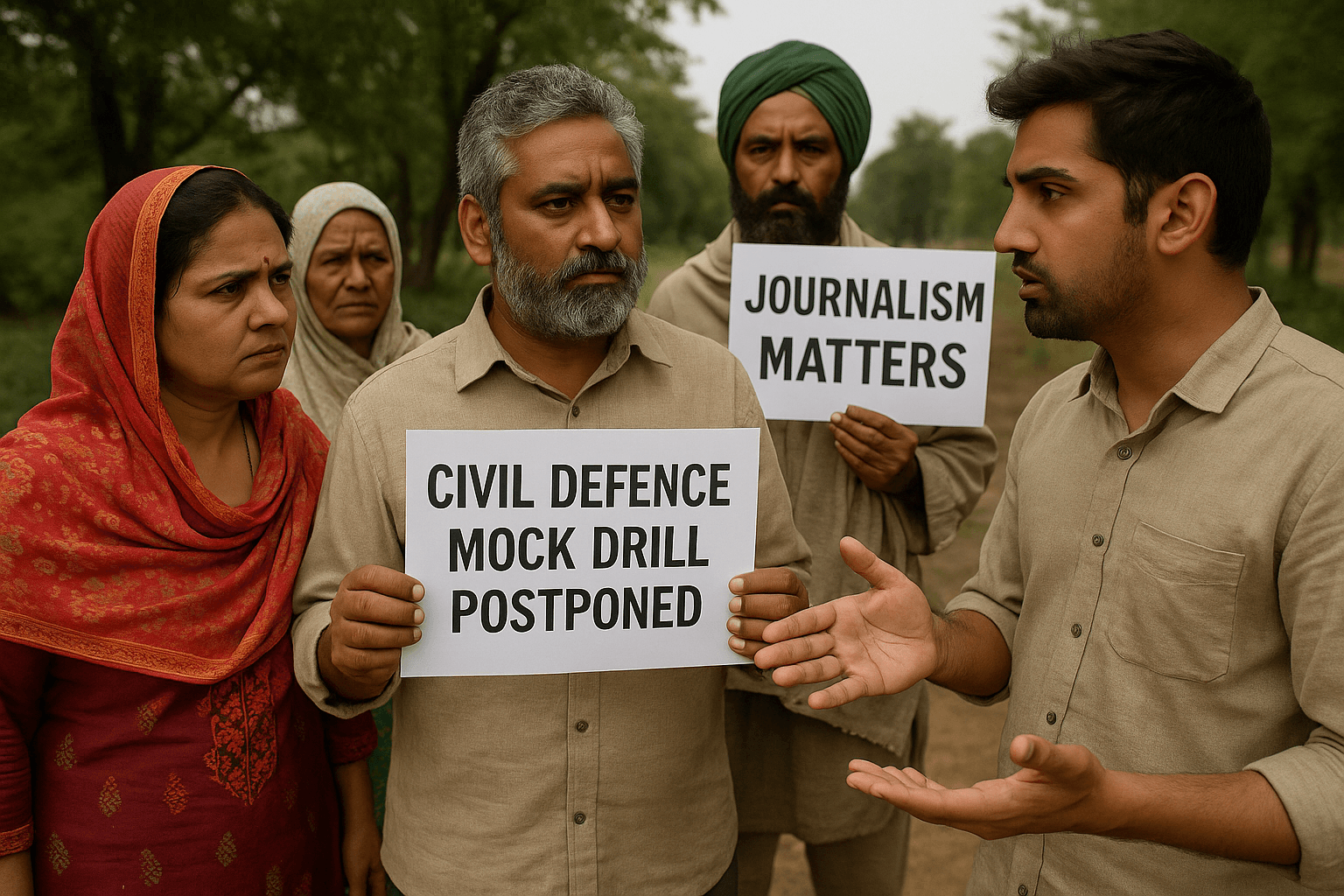India Asks U.S. to Begin Joint Production of Javelin Missiles
India Javelin missile co-production talks are now officially in motion. Without much fanfare or a formal announcement, India has quietly asked the United States to begin jointly manufacturing the Javelin anti-tank missile system on Indian soil.
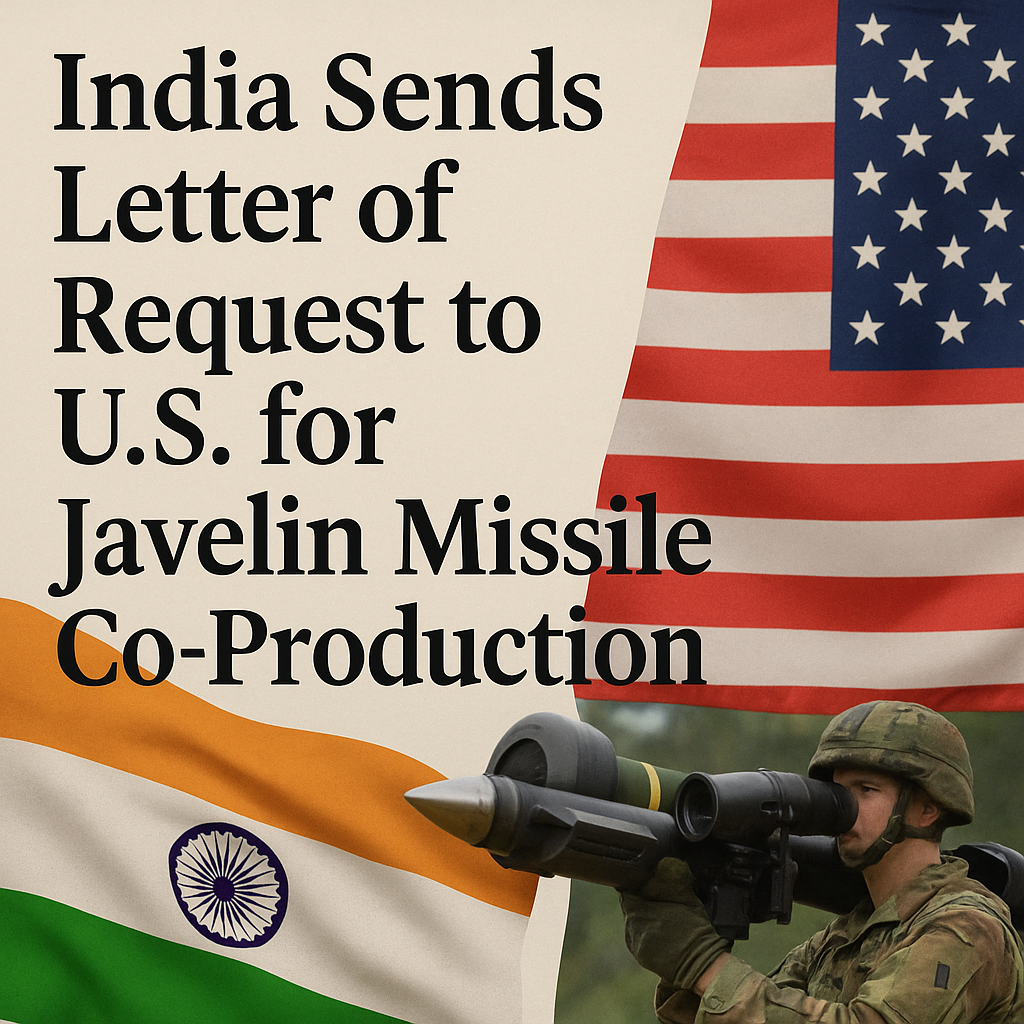
The move was made through a formal letter — what defense folks call a Letter of Request. It was sent quietly earlier this month. Officials won’t talk about it openly, but two people in the loop confirmed the request was sent.
“We’ve asked for co-production,” one of them said. “That includes tech transfer, not just parts.”
Why India Javelin Missile Co-Production Makes Strategic Sense
The Javelin is one of the most talked-about missile systems in the world right now. It’s portable. One soldier can carry it, aim, and fire. It locks onto tanks. It’s been seen in Ukraine. It works.
India wants it because the army is rethinking how it handles threats — especially on the northern borders. Old Soviet-era systems aren’t enough anymore. The terrain is harsh. You need something light, fast, and deadly.
“We’re looking at what our infantry actually needs on the ground,” said a retired colonel, now advising a private defense firm. “The Javelin fits that model.”
This Time, India Wants In
But here’s the difference. India isn’t just trying to buy a few missiles. This time, it wants to build them.
For years, India has been importing defense tech — from Russia, Israel, France, even the U.S. But that’s changing. The government’s pushing “Make in India” harder than ever, especially for defense.
“We don’t want to write cheques anymore,” said one official bluntly. “We want factories. We want skills. We want to own the process.”
The request to co-produce Javelins is part of that.
What’s Next for India Javelin Missile Co-Production Deal?
Nothing’s guaranteed. The U.S. has to review the request. Congress needs to agree. Lockheed Martin and Raytheon, who make the Javelin, would also be involved.
But there are signs this could move. The two countries have already been discussing joint fighter engine work. Last year, they signed a roadmap for defense industry cooperation.
So this request — while quiet — fits the pattern.
“If approved,” said a defense analyst in Bengaluru, “it’ll be a big signal. Not just for missiles. But for what’s possible between the U.S. and India on tech-sharing.”
You May Like Also
Too Many Complications – Russian Woman Found Living in Gokarna Cave Breaks Silence
Pakistan Says Ready for Talks, But Refuses Role in Pahalgam Attack
